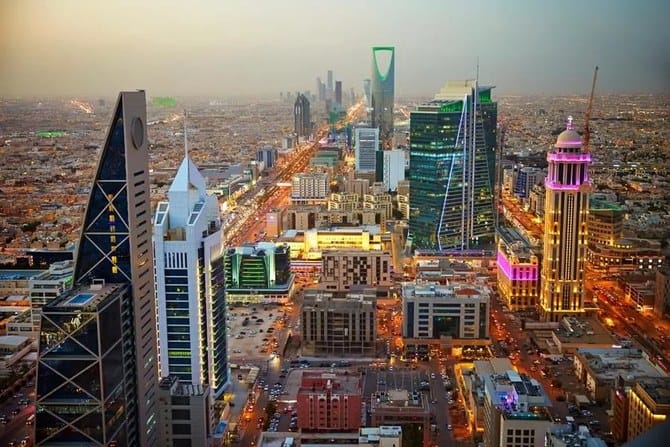Saudi Arabia's GDP Forecast Downgraded Due to Oil Production Cuts
The International Monetary Fund (IMF) has revised its forecast for Saudi Arabia's Gross Domestic Product (GDP)
The International Monetary Fund (IMF) has revised its forecast for Saudi Arabia's Gross Domestic Product (GDP), reducing it from 2.6% in April to 1.7%. This significant downgrade is attributed primarily to reduced oil production, as the Kingdom has slashed its output to approximately 9 million barrels per day by the end of last year, with these cuts expected to persist.
The reduction in oil production, a strategic move by Saudi Arabia, has had a direct impact on the country's economic projections. This decision is expected to affect the Kingdom's revenues, particularly in the second half of this year. The IMF's latest report underscores the mechanical nature of this downgrade, emphasizing that it is a consequence of deliberate production adjustments rather than broader economic weaknesses.
Despite the downturn in overall GDP, there is a silver lining for Saudi Arabia. The IMF highlighted the resilience and robust growth of the non-oil sector. Although non-oil growth saw a slight dip in the first quarter of this year, it remains a key area of focus for Crown Prince Mohammed bin Salman and the Saudi government. This sector's continued expansion is crucial for the Kingdom's Vision 2030, which aims to diversify the economy and reduce dependence on oil revenues.
The IMF's assessment underscores the challenges and opportunities facing Saudi Arabia as it navigates its economic transformation. While the immediate outlook may seem cautious due to oil production cuts, the enduring strength of the non-oil sector offers a promising pathway for sustainable growth and economic resilience.
In light of these developments, industry experts and stakeholders will be closely monitoring the Kingdom's economic policies and their implications for both domestic and global markets. The focus on non-oil growth sectors such as tourism, entertainment, and technology is expected to play a pivotal role in shaping Saudi Arabia's economic landscape in the coming years.






